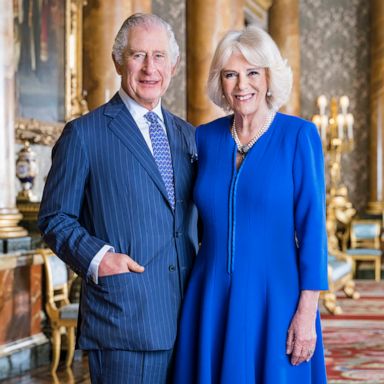
On May 6th, 2023, Charles the Third and his wife Camilla will be crowned King and Queen Consort.
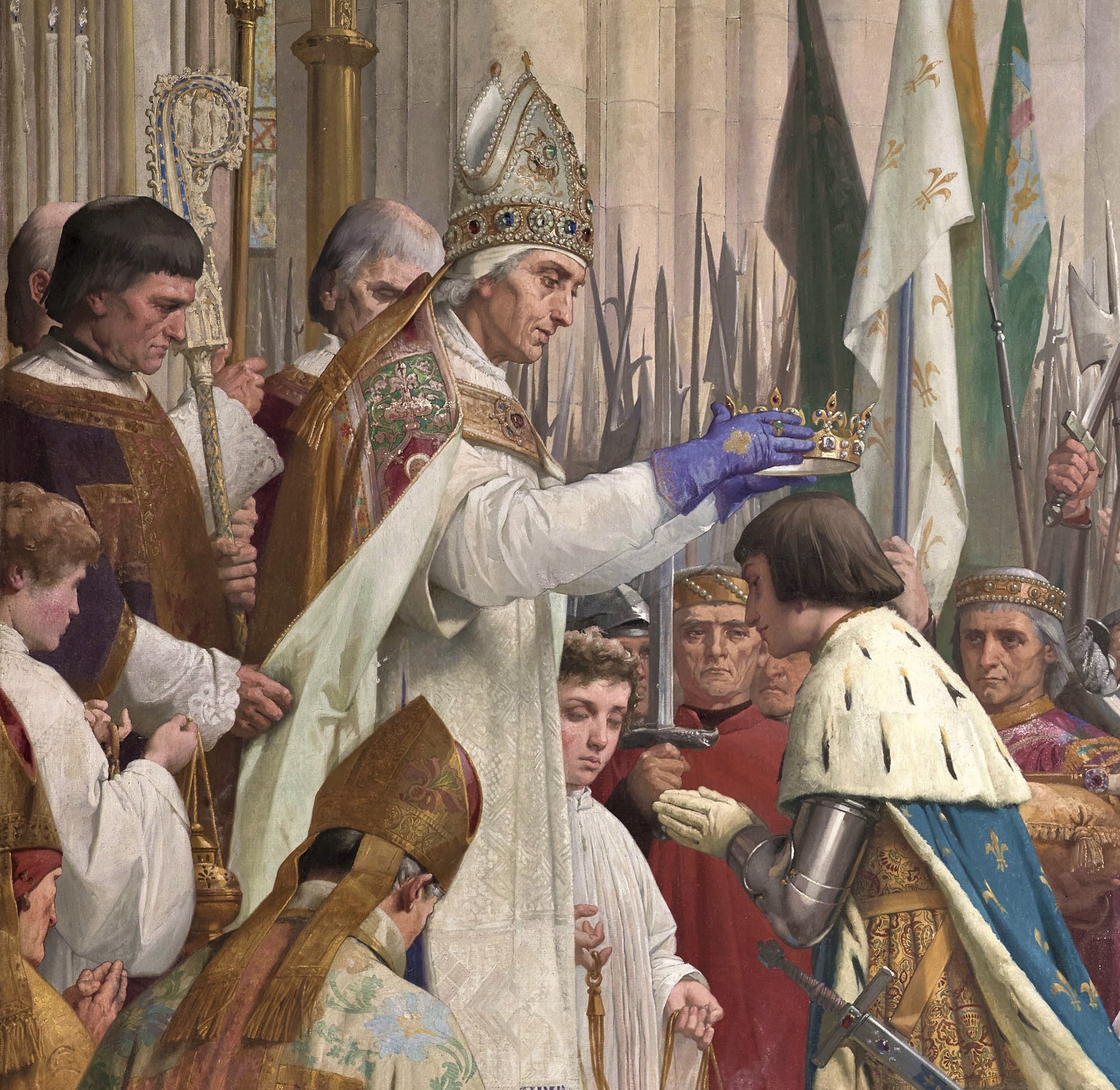
The coronation is an official tradition in which the royal crown is placed upon the monarch’s head in a formal, religious ceremony. (However, similar to a presidential inauguration ceremony, it does not mark the first day of power: Charles III was proclaimed king shortly after the death of his mother, Queen Elizabeth II.)
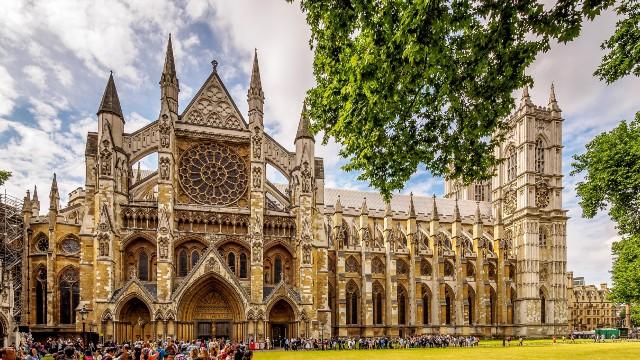
In the UK, the monarch is crowned at Westminster Abbey in recognition of the monarch’s role as the head of the Church of England. It is considered a solemn, important occasion to those who support the monarchy and to those who love pomp and circumstance.
In the past, coronations were private, but most of Queen Elizabeth II’s 1953 coronation was televised on public channels in an exciting new use of technology, and continuing that trend, most of King Charles’s coronation will also be televised.
Link: How to watch the Coronation, ceremonial processions and Coronation Concert
The coronation ceremony is considered a state event; therefore, it is paid for by the British government. Since the British government is paying for the event, it also sets the guest list. Invitations to the coronation were sent in early April, and a variety of British politicians and international guests are likely to attend.
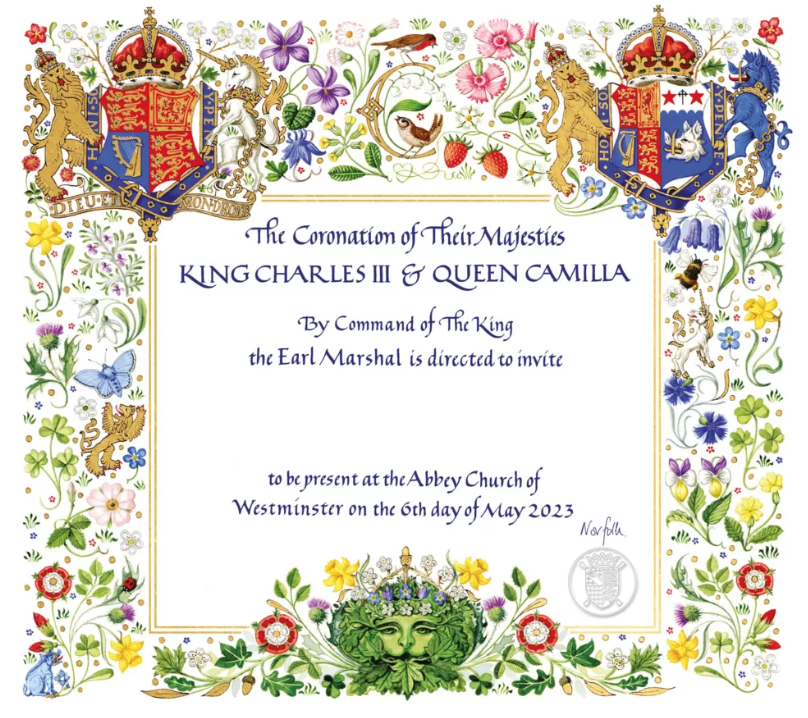
However, the King has expressed a desire for a more diverse congregation at the event, and he has invited a selection of people from his 400 charities and volunteer organizations to attend the ceremony. The musical selection will also be diverse and personally significant, including Greek Orthodox music to recognize his father Prince Philip’s heritage, Welsh music to acknowledge his previous title as the Prince of Wales, and eight select members of the Black gospel choir that sang at his son Prince Harry and Meghan’s wedding.
Although the coronation itself will take place on Saturday the 6th, there is a full weekend of special events planned. In recognition of the special occasion, the following Monday will be a bank holiday.
There is a British tradition to have a special, unique recipe for each royal event. The recipe is released in advance so that the general public can cook the same recipe and “share” the experience by eating the same meal as the guests at the royal reception. This event’s signature dish is a quiche recipe from the royal chef, Mark Flanagan. The dish was chosen for its ability to be served hot or cold, adaptability to vegetarian versions, ease of sharing with others, simple preparation, and relatively inexpensive ingredients (in recognition of the current economic crisis).

Due to his mother’s long and healthy life, King Charles III will be the oldest monarch to ascend the throne. He is inheriting a shrinking monarchy, as 17 countries left the monarchy during Queen Elizabeth II’s reign (most recently, Barbados) and several other countries are now considering leaving the monarchy after her death, including Antigua and Barbuda, Jamaica, St. Vincent and the Grenadines, St. Lucia, and St. Kitts and Nevis.

Another significant change across the Commonwealth includes the currency (bills and coins), as many countries have images of the British monarch. Some countries, including Australia, are planning to remove the British monarch from future currency. Canada considered removing the monarch, but does not appear to have made the change. Others are planning to change to King Charles III. The UK has already released a ceremonial coin of King Charles III, and it will begin producing currency with the king’s image, but the country is planning to continue using existing money that features the former queen.

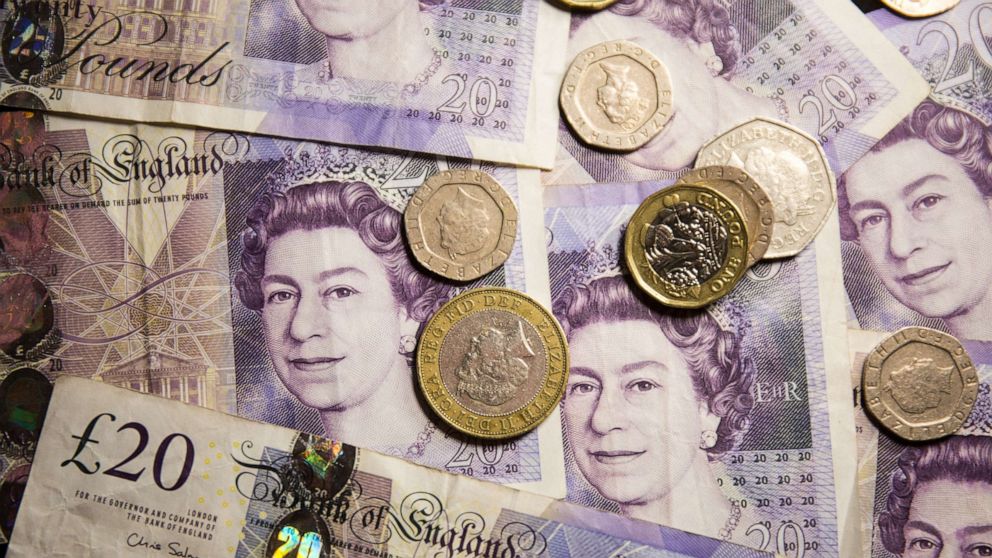
With a new monarch, many other small changes are happening across the Commonwealth. For example, during the many-years reign of Queen Elizabeth II, many people in the UK, and other monarchists across the Commonwealth, grew accustomed to singing “God Save the Queen” as their national anthem. However, now that King Charles is the monarch, the words have changed to “God Save the King.” Many official documents and procedures will also have to change to reflect a king, rather than a queen, on the throne.